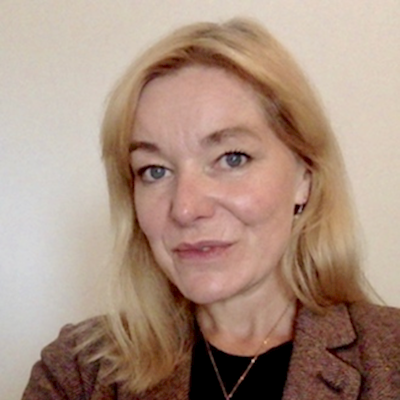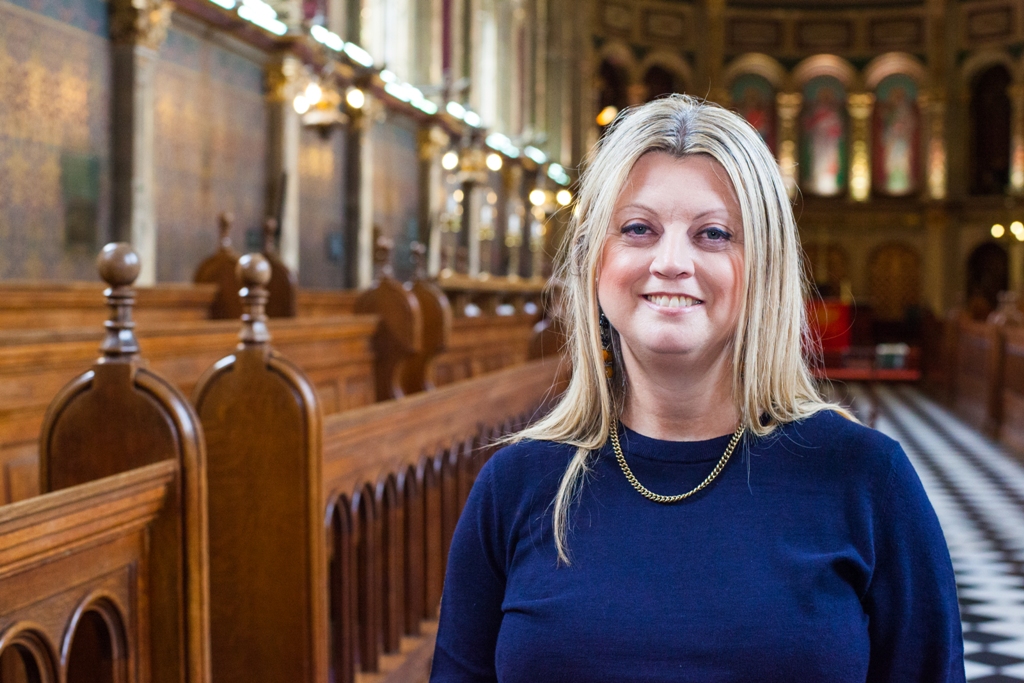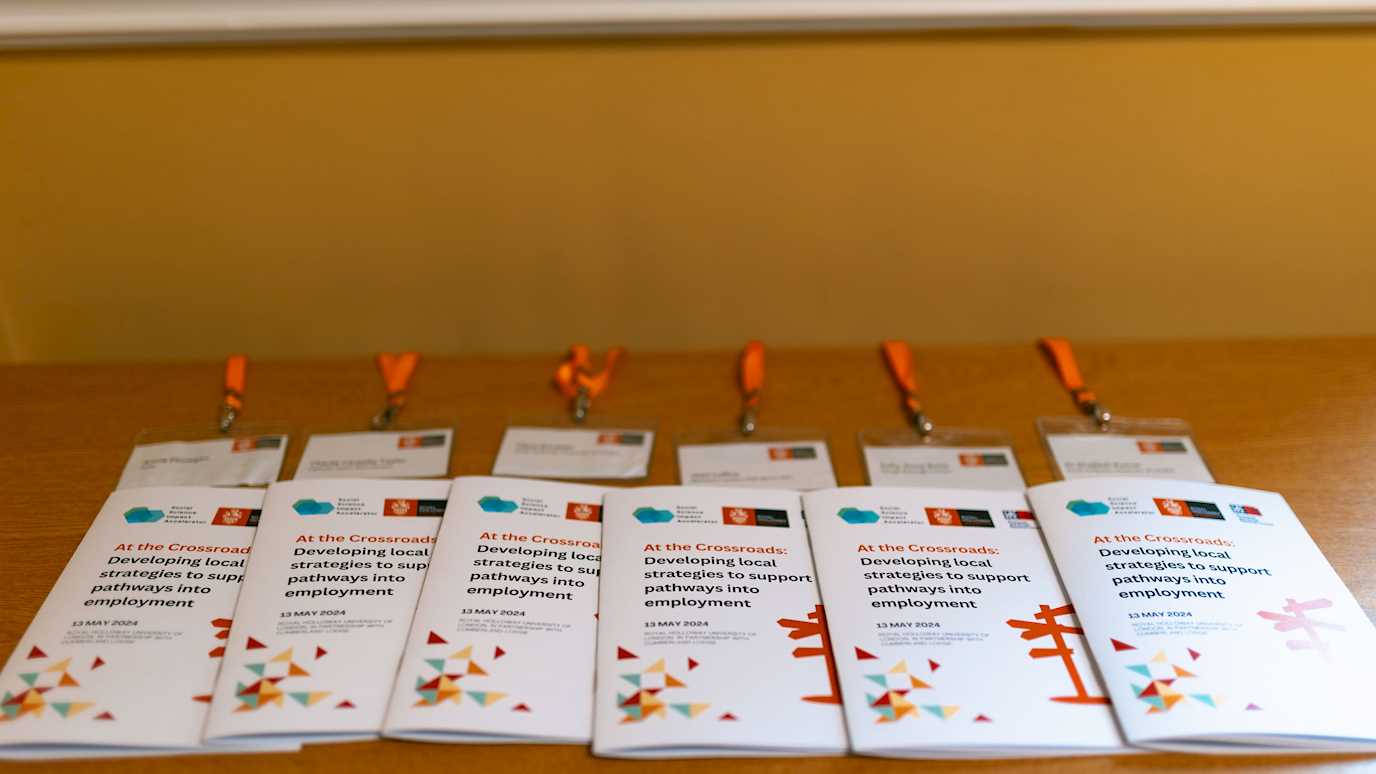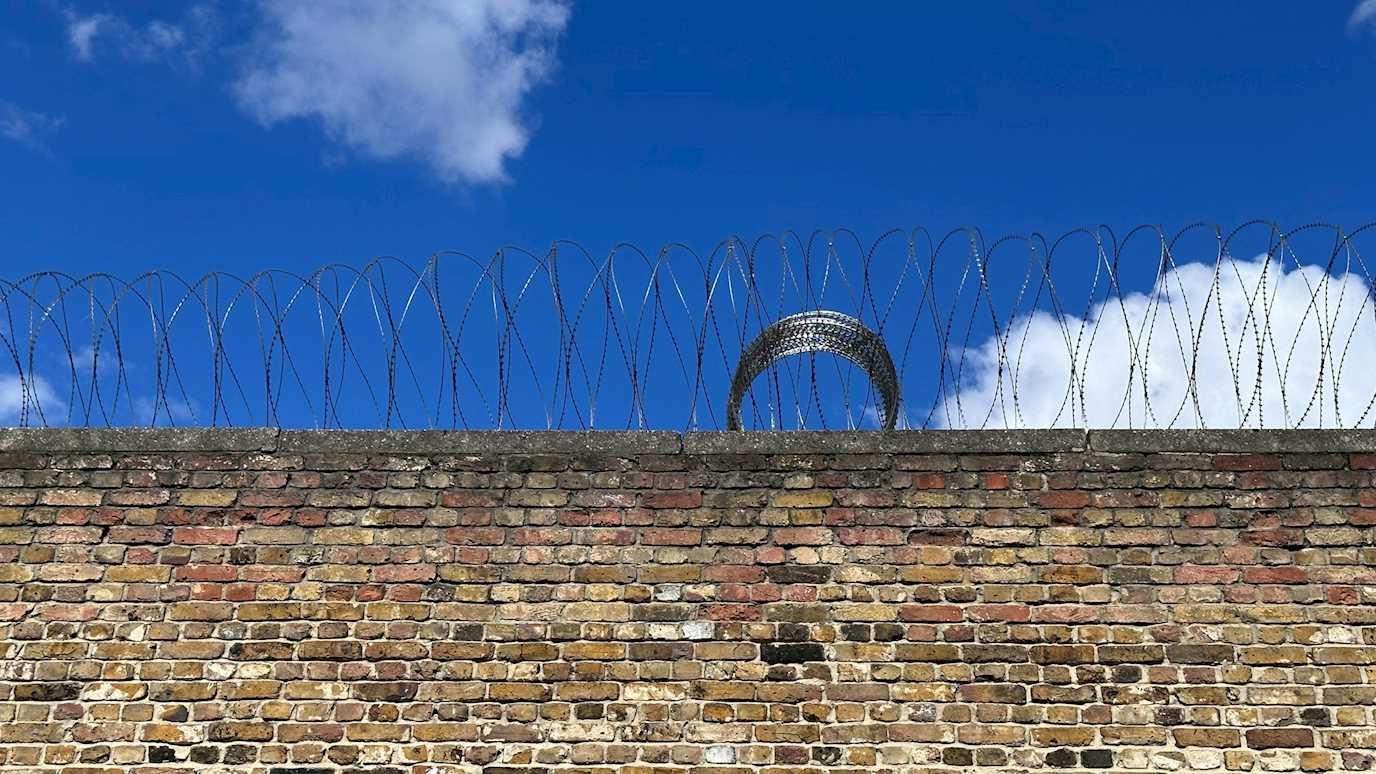International Women's Day (IWD) is celebrated on 8 March each year. It provides a time for focus on the structural inequality and injustice suffered by women globally. It is a time to celebrate and reflect on achievements, weaknesses, backlashes, and future transformative changes for improvement. IWD aims to draw attention to issues such as gender (in)equality, continuing pay inequities and sexist attitudes, reproductive rights, and violence and abuse against women.
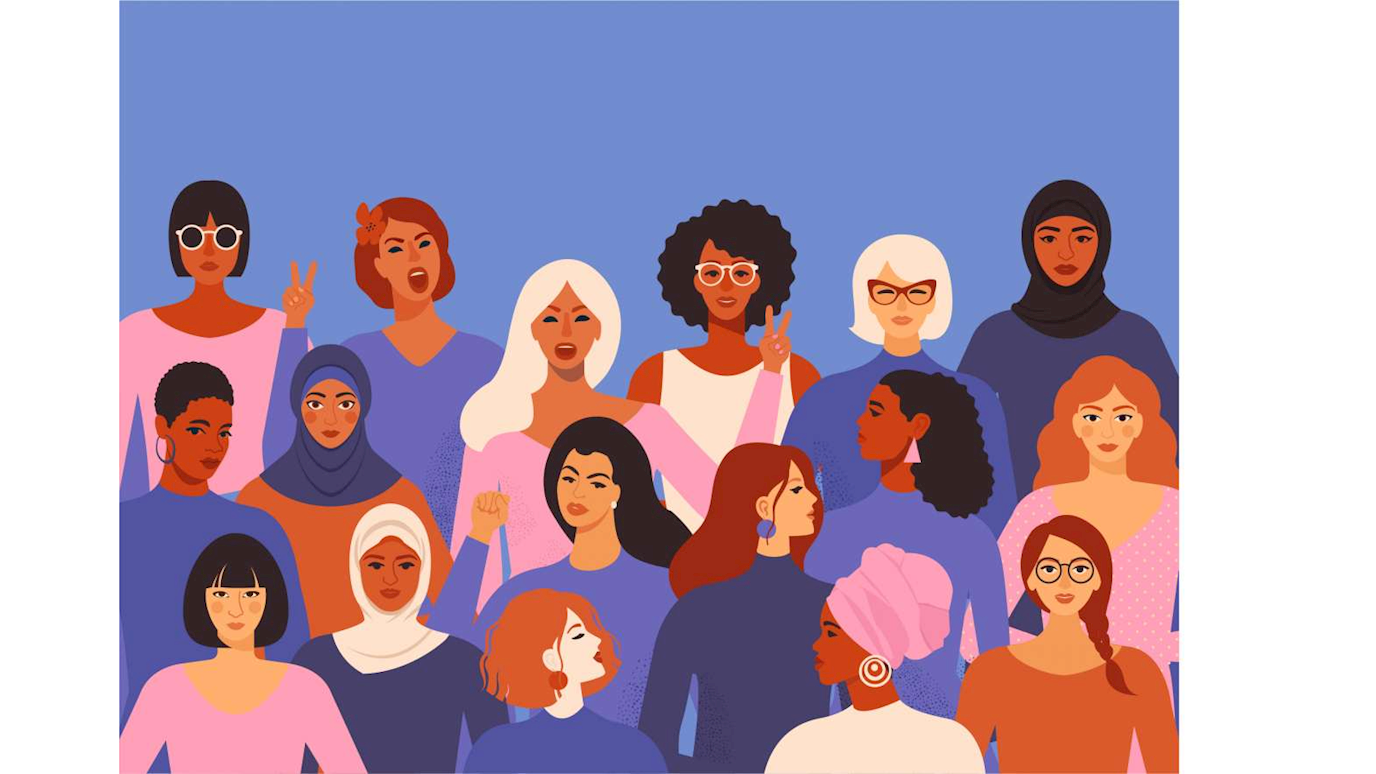
Recently appointed United Nations Human Rights Commissioner Volker Türk stated last month that our views on support and care systems need to be radically rethought. These are systems built and performed by and through the hard graft of many, the bulk of whom are women. Türk, in his statement to UN Member States on transforming support and care systems pointed out that the “economic and social value of care work must be recognized.” He explained that three-quarters of unpaid care work, involving the provision of care and support to families and communities, is being done globally by women and girls. This work, he says, “is socially unrecognized, reinforcing exclusion and discrimination faced by women and girls throughout their lives…” Any care work that is paid is underpaid. We only need to look at pay rates for care workers and compare that to, for example, bankers, to see what value our societies place on care work.
The COVID19 pandemic exacerbated the inequalities resulting from problems in care systems. The pandemic threw a spotlight on those most affected, including migrants, racial, ethnic and other minorities, indigenous peoples, and those living in rural areas. Carers UK, a national charity raising awareness of unpaid and underpaid carers in this country, explain that, during the pandemic, carers provided care in monetary value amounting to the equivalent of £530 million every day. Türk’s statement points out the invisibility of the voices of those “giving and receiving care – older people, those with disabilities, children or the sick – including those who are women. He says they “have not been heard, or worse, ignored.” This is something many of us researching in the area of care and human rights seek to address through a participatory form of design and dissemination of research.
Carers UK highlights that 1.3 million carers are in poverty and many people have reduced pensions in retirement as a result of their caring responsibilities. Without recognition or support from employers or adequate health and social care services, many carers need to leave their paid jobs with around 600 carers giving up work every day.
Each country needs to address the issues of care and support systems provided to citizens within its territory. This includes acknowledging, honouring, and fairly addressing the incredible work of care and support givers, particularly women, and at the same time ensure their full enjoyment of human rights and legally just protection. The International human rights system recognizes everyone’s human rights to health, education, social protection, and participation in public life for all. The Universal Declaration of Human Rights 1948 (UDHR) provides a basis for all these rights with fuller articulation in many international law treaties, national constitutions, and State laws throughout the world. Women’s rights are human rights. Yet the legal status of women’s rights has never been stable and should not be taken for granted. Women’s rights are currently regressing in many democratic countries, including the United States and certain European countries including the removal of girls’ and women’s rights to bodily and psychological autonomy, supposedly fundamental rights in democratic states. To protect our rights to life, to free speech, to bodily integrity and dignity, care and support is essential. This enables us from birth to live a healthy life and develop our personalities to be free to live our lives, in families and communities.
As part of Human Rights 75, an initiative held to celebrate the 75th anniversary of the UDHR this year, Türk “calls on States to take concrete steps towards establishing support and care systems that are human rights-based, gender-responsive, disability-inclusive and age-sensitive.” This commitment is particularly relevant in the run-up to the Sustainable Development Goals Summit in September. Türk hopes that the care and support agenda will be fully reflected as a key lever to sustainable development at that summit and beyond.
Let’s hope his call will be heard globally and nationally.










